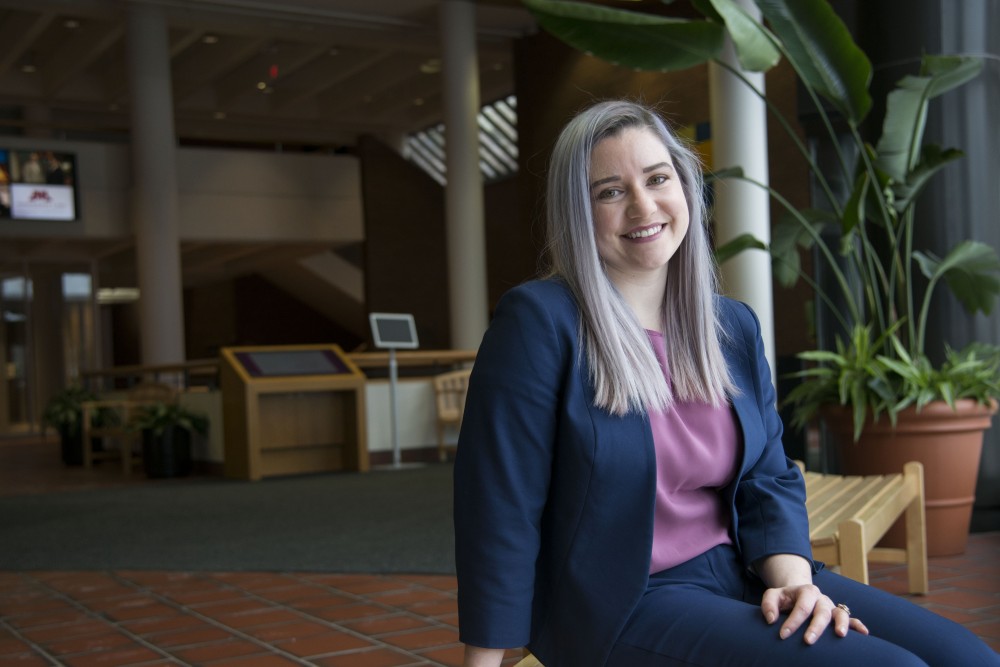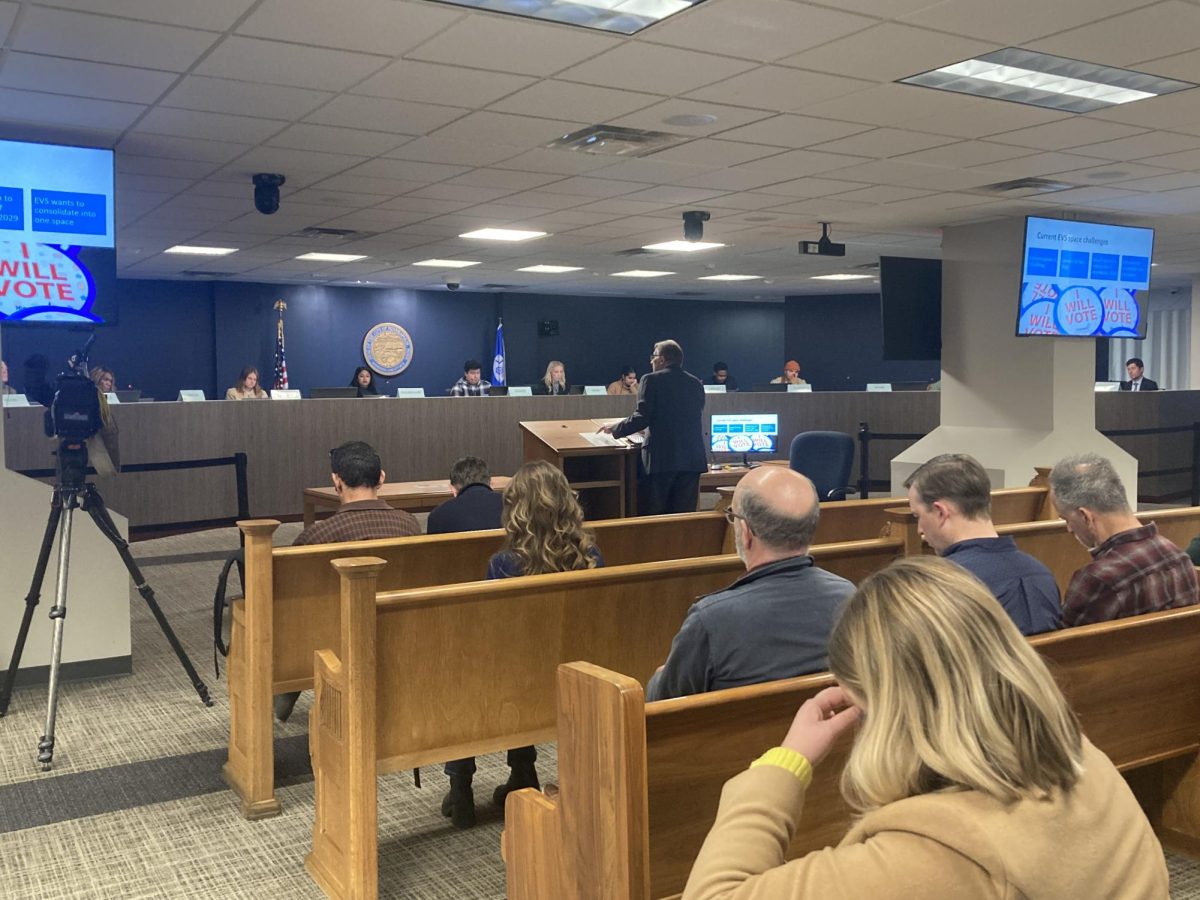The University of Minnesota Law School launched a new clinic late last month that aims to provide legal assistance to immigrants in rural areas.
Because the need for immigration services is increasing in rural areas, the Law School decided to open the Rural Immigrant Access Clinic to fulfill the need, said Deepinder Mayell, executive director of the James H. Binger Center for New Americans, a center that provides legal assistance to noncitizens.
“People in St. Paul or Minneapolis have a lot of great resources,” said Julio Zelaya, the racial justice project coordinator at the American Civil Liberties Union, an organization that works to preserve individual rights and liberties. “That’s not the reality [in southern Minnesota].”
Some rural communities do not have an immigration attorney for 80 miles, Zelaya said. “They’re new to the community and there’s not a lot of resources out here. And when there’s not a lot of resources, these communities are isolated,” he added.
The RIAC is the product of a two-year initiative where volunteer students and attorneys provided legal assistance to immigrants in rural regions.
The RIAC consists of day-long, pop-up clinics usually held in community centers, libraries, gymnasiums or church basements. They provide free legal screenings to determine what forms of immigration relief a client might be eligible for. The clients are then provided with information on pre-service providers and private attorneys who can work on their cases.
Students and attorneys give presentations that educate immigrants about their rights, including rights related to interactions with the police or government authorities.
“Making sure that immigrants that are detained know about their rights, know about any potential avenues for relief that they could be applying for is vitally important, because oftentimes they are going to be representing themselves,” Mayell said. “That doesn’t matter how old you are. That doesn’t matter if you are an immigrant child. … That doesn’t matter if you are elderly. That doesn’t matter if you have any mental disability or physical disability. It does not matter.”
Mayell also said they help clients complete a document called a Delegation of Parental Authority, a document that allows parents to assign a representative to make decisions for their children if the parents are apprehended or put into deportation proceedings.
“This is an emotional document to put together. Sometimes these sessions can be very intense. … But that document gives people a little bit of a peace of mind to know that if something did happen, that someone could make health, educational and travel decisions for their child,” Mayell said.
Zelaya said he thinks of it as a first aid kit. “The thing about a first aid kit is that you want to have it, but you hope to never use it,” he said. “And because you don’t use it very often, you put it away and you forget what’s in there.”
Mary Georgevich graduated from the University’s Law School in 2018. When she participated in the clinics, she said that when President Donald Trump took office, nobody really understood what to think about what was going to happen them.
University law student Emily Ortlieb is currently participating in the RIAC.
Initially, students meet with clients to answer legal questions and learn more about their clients. The student then gives the information to a lawyer, who will meet with the clients to go over their options, Ortlieb said.
Ortlieb also attends the in-class component of the RIAC. “Within the class, topics like rural poverty, overview of the immigration system and what it means to be undocumented are covered,” she said.
Many people — specifically undocumented rural immigrants— get discriminated against at high rates, Zelaya said. This includes people of color getting pulled over by police at disproportionately higher rates, housing policies that exclude refugees by limiting family size and immigrants getting detained in jail for no apparent reason, he said.
According to Zelaya, Worthington, Minnesota recently became the first non-white majority city in Minnesota.
“Rural America has a lack of legal resources, … We need more legal resources, and specifically, the people that are most vulnerable need them now,” Zelaya said.
Clarification: A previous version of this article implied that Georgevich is currently working at the RIAC. Georgevich graduated the University’s Law School in 2018.
Clarification: A previous version of this article misstated Zelaya’s characterization of the Delegation of Parental Authority document.








